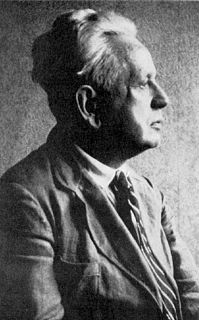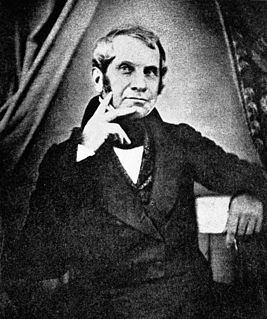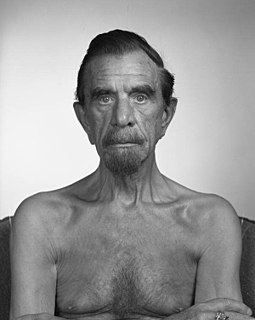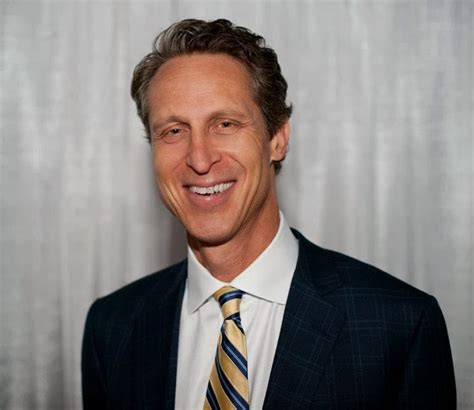A Quote by Aristotle
Conscientious and careful physicians allocate causes of disease to natural laws, while the ablest scientists go back to medicine for their first principles.
Related Quotes
Medicine deals with the states of health and disease in the human body. It is a truism of philosophy that a complete knowledge of a thing can only be obtained by elucidating its causes and antecedents, provided, of course, such causes exist. In medicine it is, therefore, necessary that causes of both health and disease should be determined.
There is a conceptual depth as well as a purely visual depth. The first is discovered by science; the second is revealed in art. The first aids us in understanding the reasons of things; the second in seeing their forms. In science we try to trace phenomena back to their first causes, and to general laws and principles. In art we are absorbed in their immediate appearance, and we enjoy this appearance to the fullest extent in all its richness and variety. Here we are not concerned with the uniformity of laws but with the multiformity and diversity of intuitions.
It takes approximately forty years for innovative thought to be incorporated into mainstream thought. I expect and hope that orthomolecular medicine, within the next five to ten years, will cease to be a specialty in medicine and that all physicians will be using nurition as an essential tool in treating disease.
Homeopathy may be defined as a specious mode of doing nothing. While it waits on the natural progress of disease and the restorative tendence of nature on the one hand, or the injurious advance of disease on the other, it supplies the craving for activity, on the part of the patient and his friends, by the formal and regular administration of nominal medicine. Although homeopathy will, at some future time, be classed with historical delusions.
Medicine is a social science, and politics is nothing else but medicine on a large scale. Medicine, as a social science, as the science of human beings, has the obligation to point out problems and to attempt their theoretical solution: the politician, the practical anthropologist, must find the means for their actual solution. The physicians are the natural attorneys of the poor, and social problems fall to a large extent within their jurisdiction.
There are three types of disease: body disease, mind disease, and nervous system disease. When the mind is diseased, the whole body is diseased. The yoga scriptures say “Manayeva manu ? ? kara a bandha mok ayo (this verse may be transliterated incorrectly),” the mind is the cause of both bondage and liberation. If the mind is sick and sad, the whole body gets sick, and all is finished. So first you must give medicine to the mind. Mind medicine: that is yoga.
And when comfort is what we want, one of the most powerful tonics alternative medicine offers is the word 'natural.' This word implies a medicine untroubled by human limitations, contrived wholly by nature or God or perhaps intelligent design. What 'natural' has come to mean to us in the context of medicine is 'pure' and 'safe' and 'benign'. But the use of 'natural' as a synonym for 'good' is almost certainly a product of our profound alienation from the natural world.
In many ways, the effort to study philosophy was my rebellion away from medicine. I'm the son of two Indian immigrant physicians, so the natural path for me would have been to become a doctor. I ended up doing the master's degree at Oxford in politics, philosophy, and economics while already having a seat in medical school. I was keeping that as my escape hatch. But my hope was that I might become a philosopher or something else entirely.










































